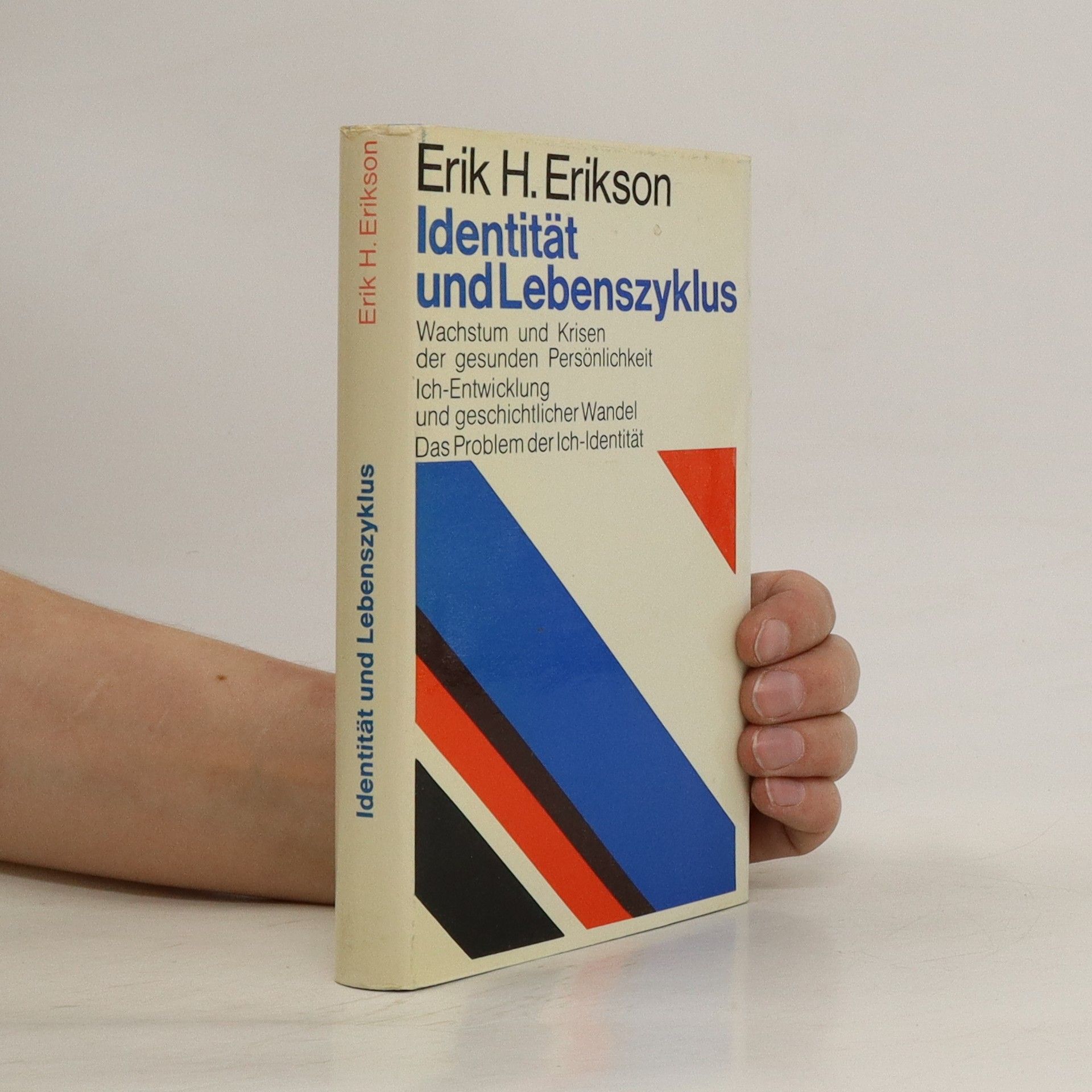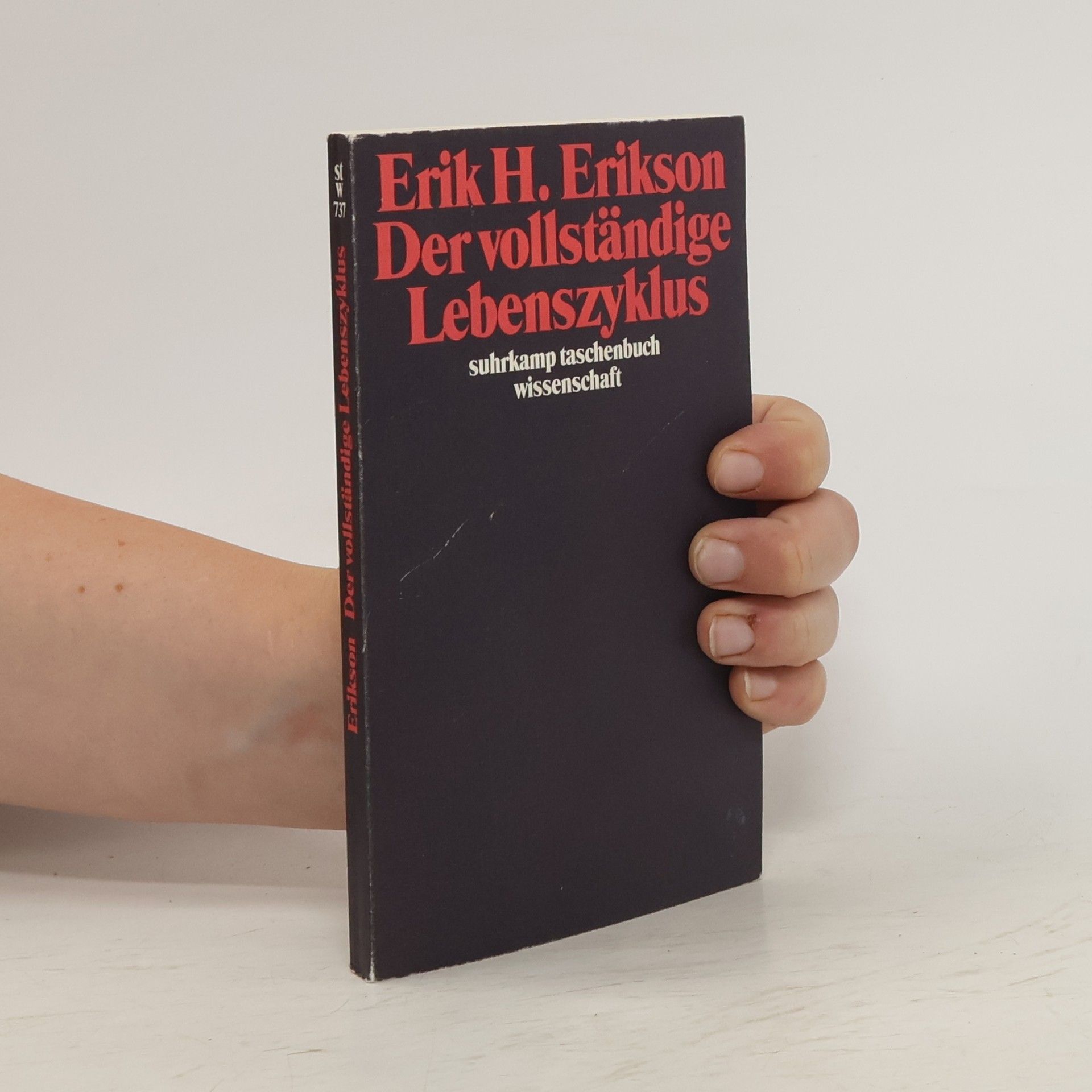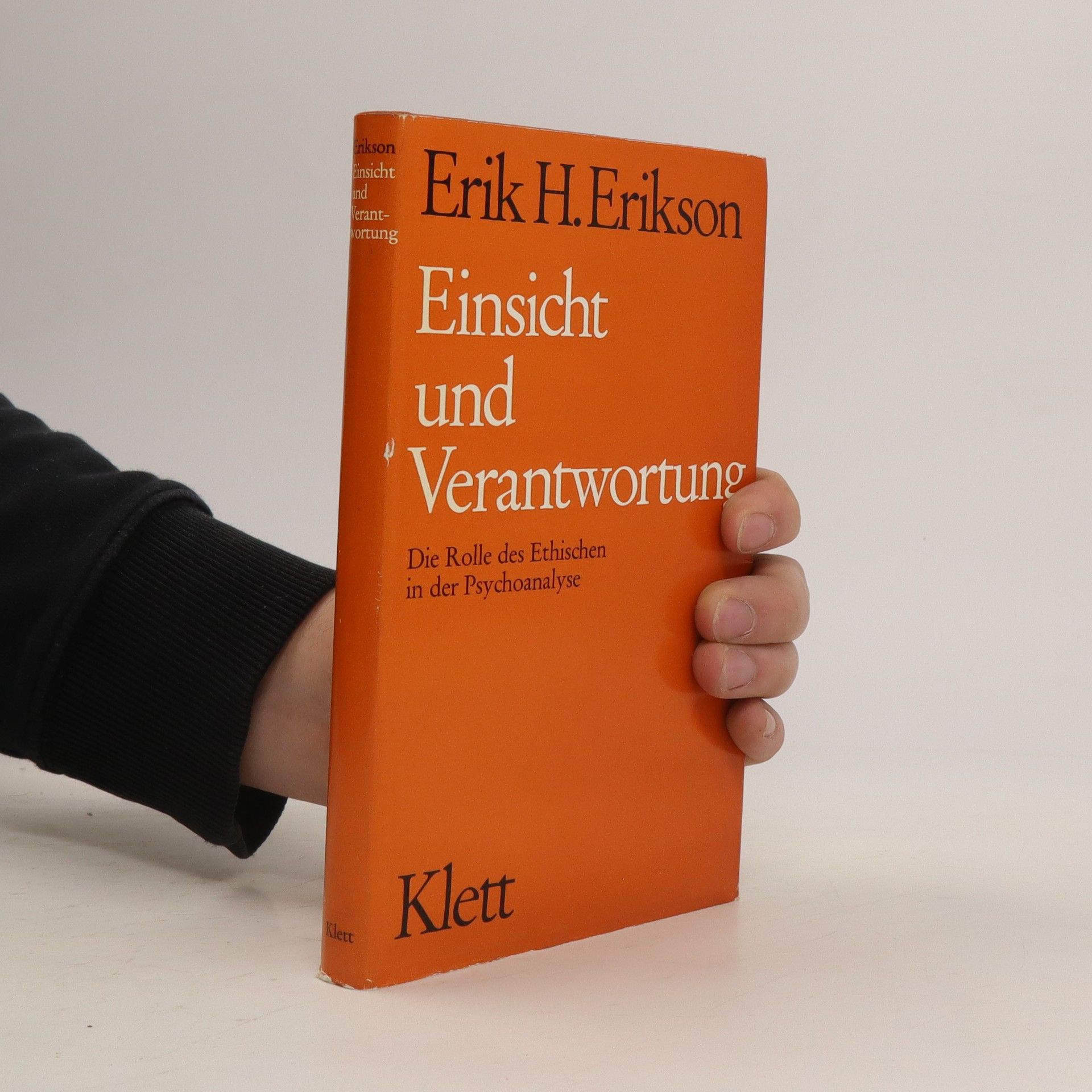The collection showcases the evolution of ideas over 50 years, starting from early psychoanalytic experiences in Vienna. It encompasses diverse topics, including children's play, child psychoanalysis, adult dreams, and cross-cultural observations, as well as insights into young adulthood and the life cycle. Additionally, it features reminiscences about influential colleagues like Anna Freud and Ruth Benedict, highlighting their significant impact on Erikson's professional journey.
Erik H. Erikson Livres
Ce psychologue et psychanalyste germano-américain est réputé pour sa théorie sur le développement psychosocial humain. Il est peut-être surtout connu pour avoir inventé l'expression « crise d'identité ». Son travail explore la psychologie du développement, influençant considérablement la compréhension de la croissance humaine. Malgré l'absence de diplôme universitaire, il a enseigné dans des institutions prestigieuses.

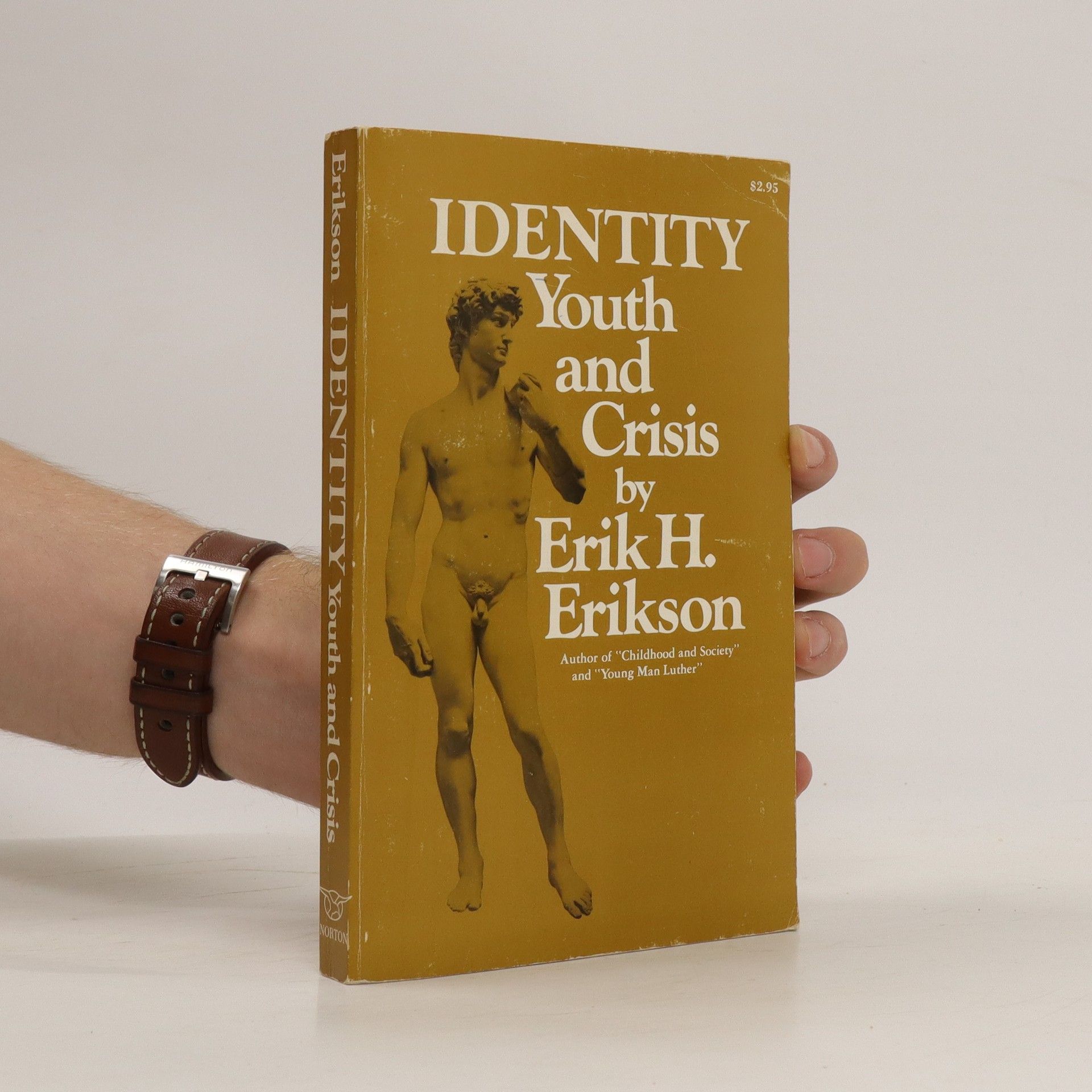
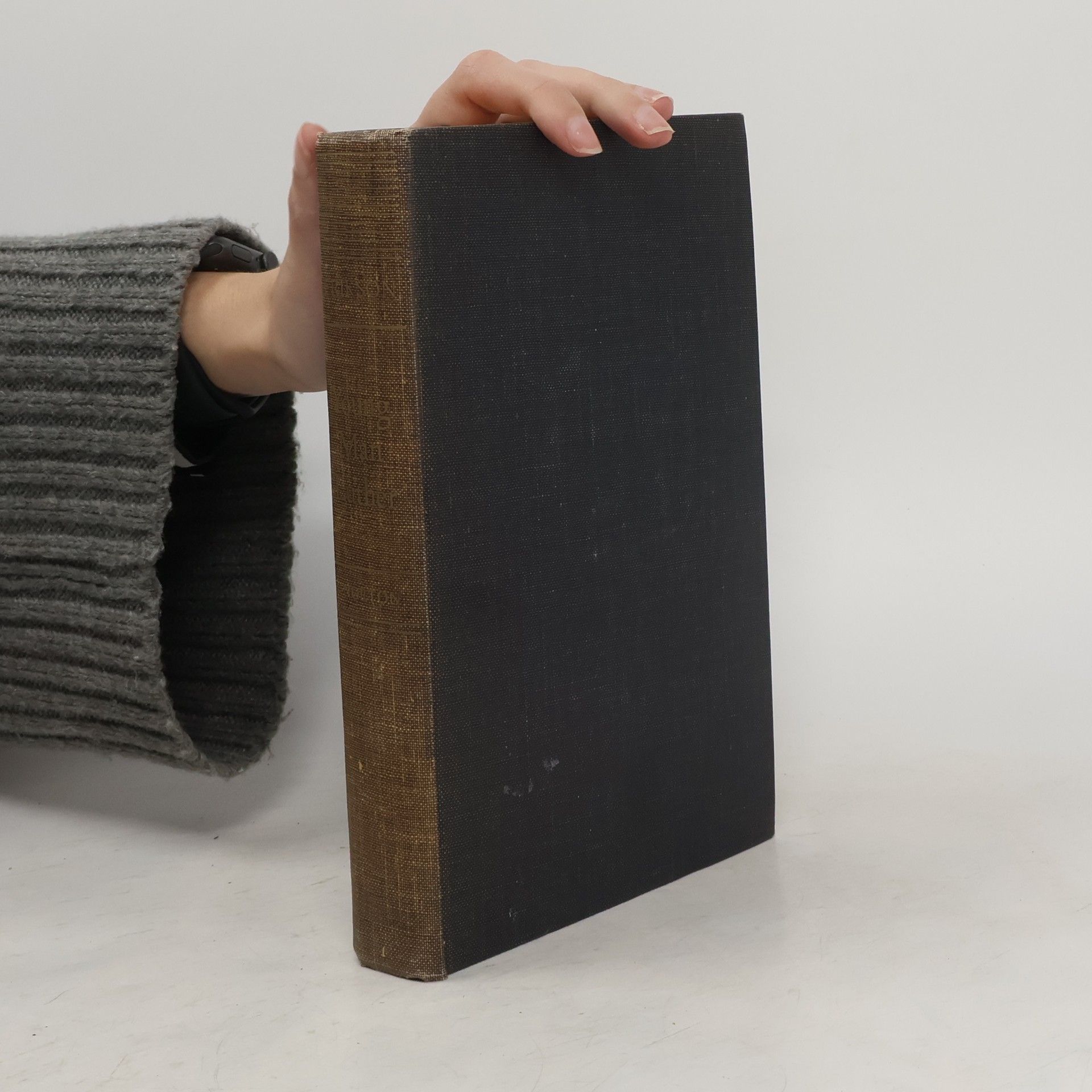

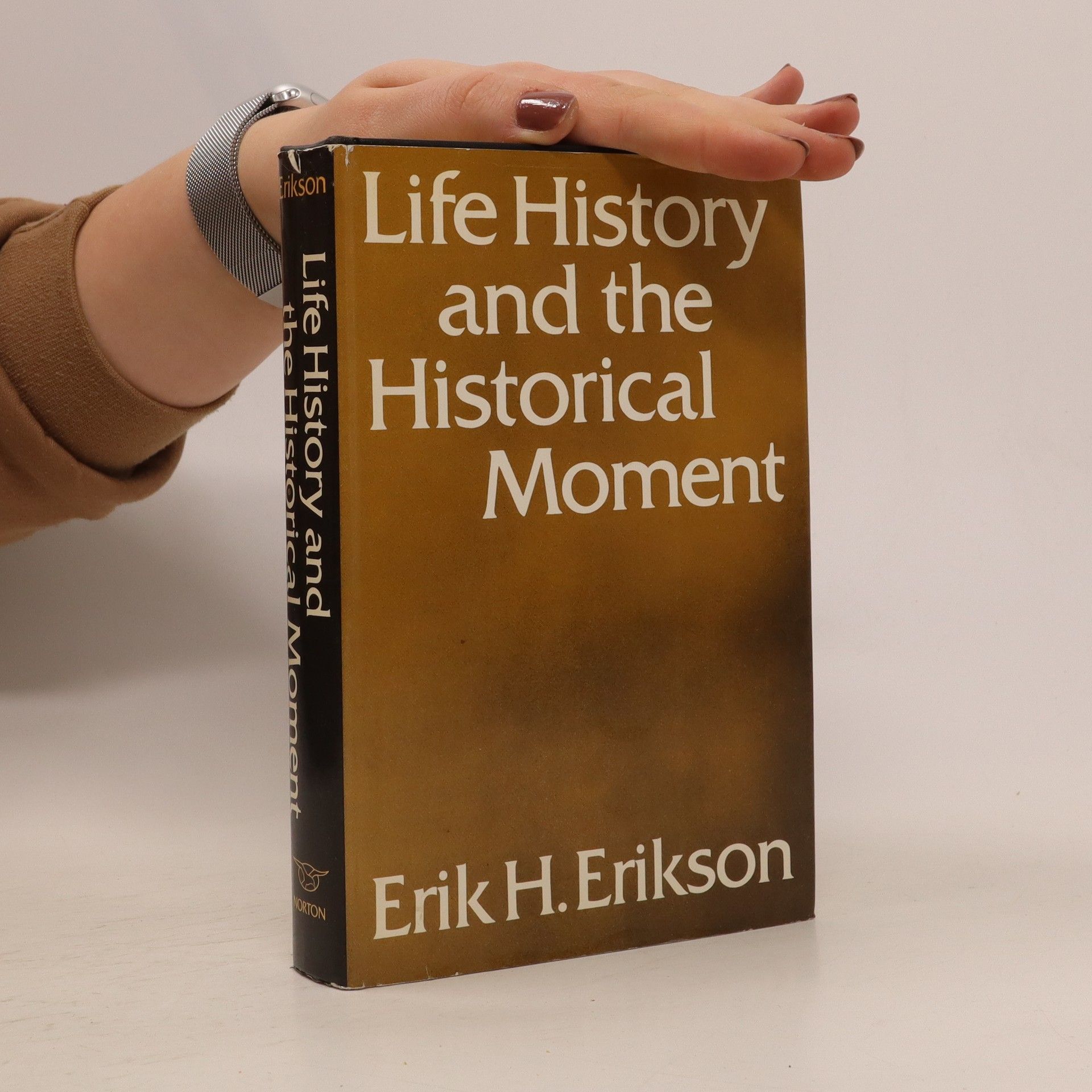
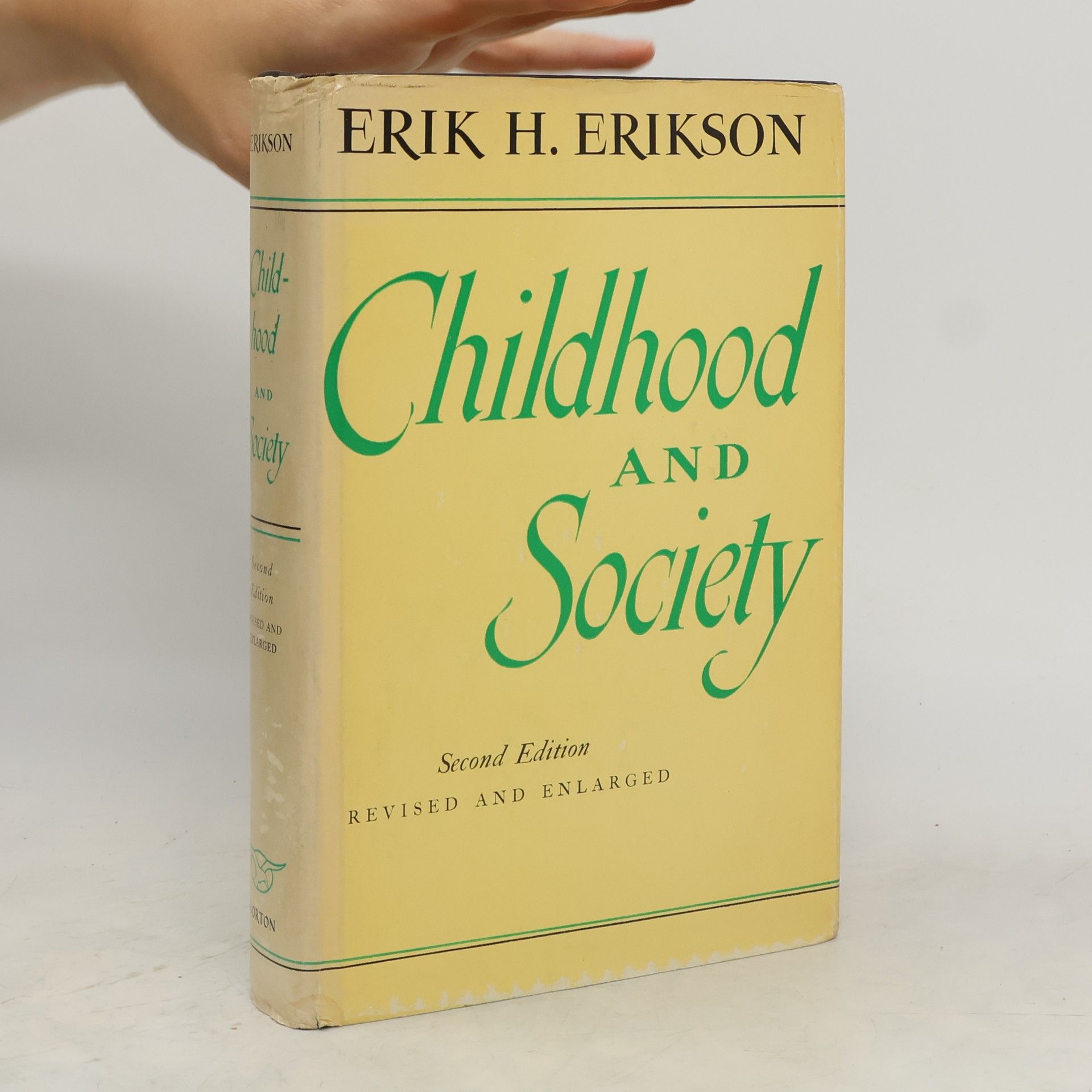

Childhood & Society deals with the relationships between childhood training & cultural accomplishment, analyzing the infantile & the mature, the modern & the archaic elements in human motivation. It was hailed upon its first publication as 'a rare & living combination of European & American thought in the human sciences'--Margaret Mead, The American Scholar Translated into numerous foreign languages, it has gone on to become a classic in the study of the social significance of childhood.
PrefaceAcknowledgments1/Backgrounds & origins"Identity crisis" in autobiographic perspectiveFreud's posthumous publications: reviews. A historic friendship: Freud's letters to Fliess; A questionable cooperation: the Wilson bookPostscript & outlook2/In search of GandhiOn the nature of "psycho-historical" evidenceFreedom & nonviolence3/Protest & liberationReflections on the revolt of humanist youthOnce more the inner spacePsychoanalysis: adjustment or freedom?NotesIndex
In this study of Mahatma Gandhi, psychoanalyst Erik H. Erikson explores how Gandhi succeeded in mobilizing the Indian people both spiritually and politically as he became the revolutionary innovator of militant non-violence and India became the motherland of large-scale civil disobedience.
Erikson folgt — immer im Kontext der empirischen Wissenschaften — dem Menschen von seinen frühkindlichen Verhaltensweisen bis hin zu den Phasen des Erwachsenseins. Er erweitert die psychoanalytische Betrachtungsweise um die Erforschung der Ich-Identität, deren Ausprägung von historisch-gesellschaftlichen Veränderungen abhängt.
Der vollständige Lebenszyklus
- 143pages
- 6 heures de lecture
Erik H. Erikson beschreibt in diesem Resümee seines Werkes die Elemente einer psychoanalytischen Theorie der psychosozialen Entwicklung, und zwar so, daß dabei der historische und autobiographische Kontext ihrer Entdeckung deutlich wird.
